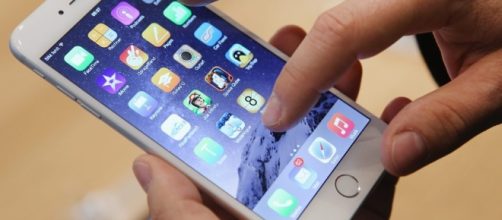Bloomberg recently published a piece discussing how some prospective borrowers are now able to access credit without a bank account. There are financial startups that have been using mobile phone data as a barometer for credit worthiness, and it has been going on for years. These companies have found that patterns gleaned from mobile-phone information can be used to delegate funds to financially viable small businesses and individuals.
How lenders use the information
Companies have used a variety of different methods of credit assessment via mobile-phone information:
Volume of calls/texts received(“It turns out, the more economically active you are, the more people want to call you,” Moriarty said.
“That level of activity, that level of usage is what’s really most predictive.”)
- Psychological questionnaires sent to potential borrower’s mobile phone
- Whether or not the phone is present at the home or work address
- Whether or not the potential borrower has been in contact with trustworthy debtors, or those who are not trustworthy
There are 2 billion people with no bank account. A lot of these people (albeit: only those who have a cell phone plan) now have a manner through which they can utilize leverage, sign up for credit cards, and the like. This financial inclusion should be a win-win: people who previously did not have access to credit have it and lenders have a way to access ~27% of the world’s potential creditors that were previously off-limits.
The ugly truth
This new method of credit risk evaluation is another battleground in the tug-of-war between personal privacy and economic opportunity. I am decidedly skeptical as to how “consensual” this release of mobile-phone information is. The article clearly illustrates that the different players are keeping their cards close to the chest. The majority of startups and financial companies were not willing to disclose what phone companies they have as partners. The telecommunications providers? Not a single one answered Bloomberg’s inquiries for comment regarding whether or not they share data with financial institutions. These providers understand that they are treading in potentially deep water.
There is less oversight of this method of credit access because the majority of these firms are focused in less-developed regions like Southeast Asia & Africa. These are the areas of the world where millions of people do not have bank accounts. Tracking the location of your cell phone and who you are talking with? People need to ask the following: what are these companies going to do with this data? Sell it again? To whom? Save it and create a database to, theoretically, include/preclude consumers from other opportunities?
Bottom-Line
I advise you to not ignore the overwhelmingly Orwellian issue at hand: never take your privacy for granted. Stay mindful of how your own personal information is being used/exploited in this increasingly inter-connected world.
P.S. We can have a follow-up discussion when financial institutions reassure desperate Americans that they can use their mobile information to apply for loans/credit cards in lieu of their depleted bank statements & crappy credit scores. That'll go swimmingly.

